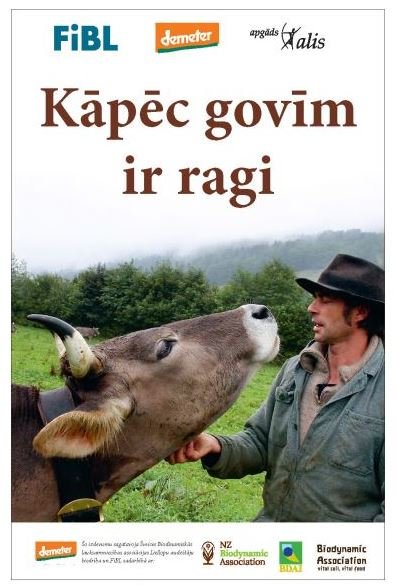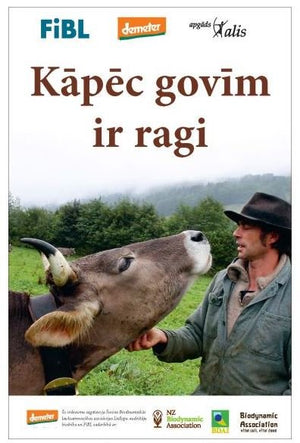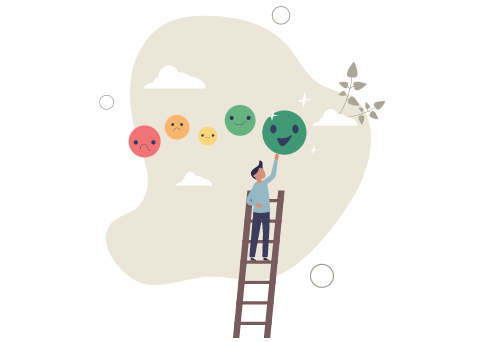

The developmental, psychological, and behavioral phenomena described in this issue clearly demonstrate the importance of horns to cows and other ruminants. The takeaway from this, both within and outside the organic farming movement, is that the horns must be preserved.
Increasing efforts are being made to breed genetically distant animals by avoiding the animal-cruelty intervention required to prevent individual herd animals from growing antlers. This means that the animals are spared stress and pain, and both time and money are saved. However, when breeding tall animals, what the horns actually mean to the cow is not taken into account. The breeding of Tolu animals is intervention at the highest level, because in this way not an individual animal is affected, but an entire species. If a species loses antlers (which is not difficult to achieve, since antlerlessness, or tolism, is the dominant trait that is genetically transmitted when it is present in mated individuals), the process is irreversible. We do not know what consequences this may bring us in the future…
The publication was created in cooperation with FiBL ( Reasearch Institute of Organic Agriculture ) and the brand Demeter .
